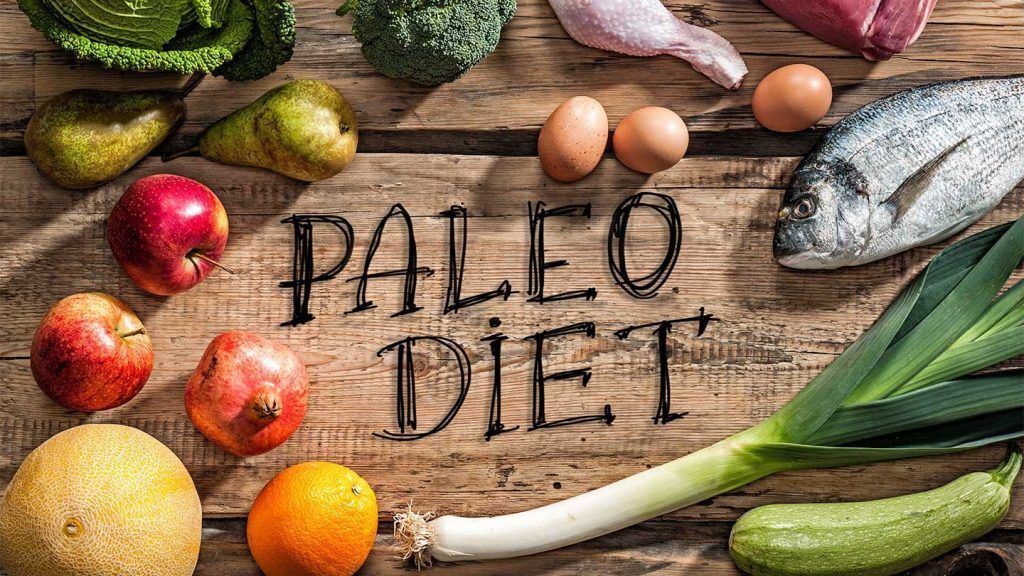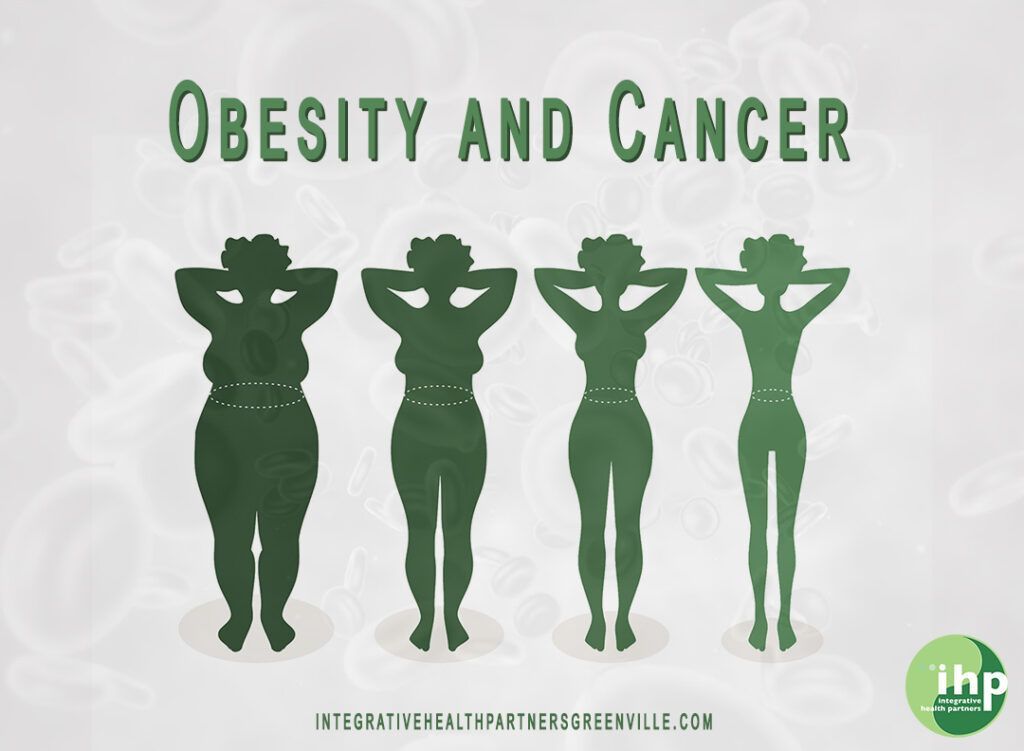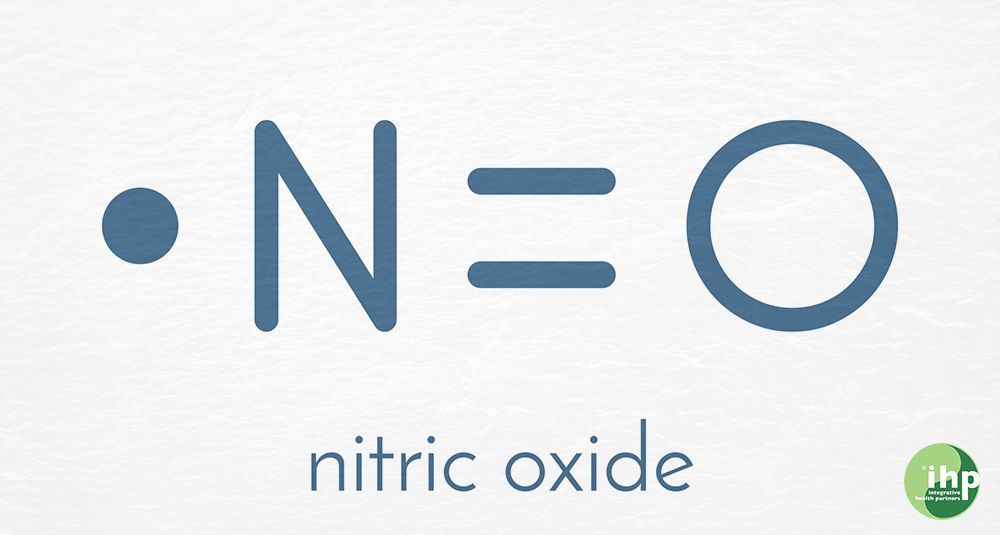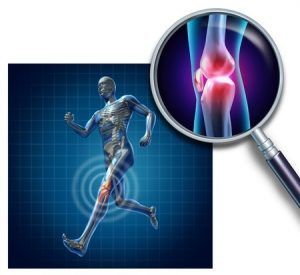Paleo Caveman Diet

The Paleo Diet also known as the stone age diet, caveman diet or Paleolithic diet. The premise of the paleo diet is that the human body will function optimally by returning to what might have been eaten during the Paleolithic era (2.5 million-10,000) years ago.
Supporters of this diet claim that the human body is genetically mismatched to the modern diet brought on by farming practices and the science of packaging food. You may have never thought about this but farming radically changed what human ate on a daily basis. Dairy, grains, potatoes, sugar and all processed foods slowly became a major part of the human diet.
So what would a caveman diet look like??
The paleo diet is focused on lean meat such as wild game, grass fed animals and fish. Vegetables, fruits, nuts, and seeds are important staples of this diet. Note that this menu doesn’t include modern urban fare such as sandwiches, dairy, sugar and processed foods. Consequently, many find they need to figure out creative adaptations, for example, substituting lettuce wraps for the traditional sandwich.
Weighing the Benefits and Costs?
No one can argue that the average American diet could benefit from less processed foods and a simplified diet that doesn’t include corn-fattened meats and sugared grains. However, grains and beans are cheap and a major draw back of the Paleo Diet for some may be the increased financial cost of purchasing meat, fish, and vegetables. Additionally, some suggest that foregoing the more affordable whole grains and legumes brought on by farming can lead to a deficit in fiber vitamins and other nutrients, while proponents say that more fiber can be obtained by eating copious amounts of vegetables.
When weighing the decision whether to transition to a paleo diet, it is important to remember there are pros and cons of every diet. Some research suggests that in the short term the paleo diet helps with weight loss and glucose control. Others, however, suggest this same goal can be achieved by focusing on some of the key points of the paleo diet, which are really just the basics of a healthy diet. In the final analysis, we are probably not genetically the same as a caveman and thus, as some evidence suggests, we likely process foods differently than our ancient ancestors. So while the validity of the paleo diet continues to be debated, it is important to note that its key principles include the focus on diet rich in basic foods and the elimination of the modern emphasis on processed grains and sugars. And if the decision to “go paleo” seems overwhelming, remember that the key to the success of any large change is not in making a radical shift all at once, but in consistency, and dedication to moderate adjustments over time.






